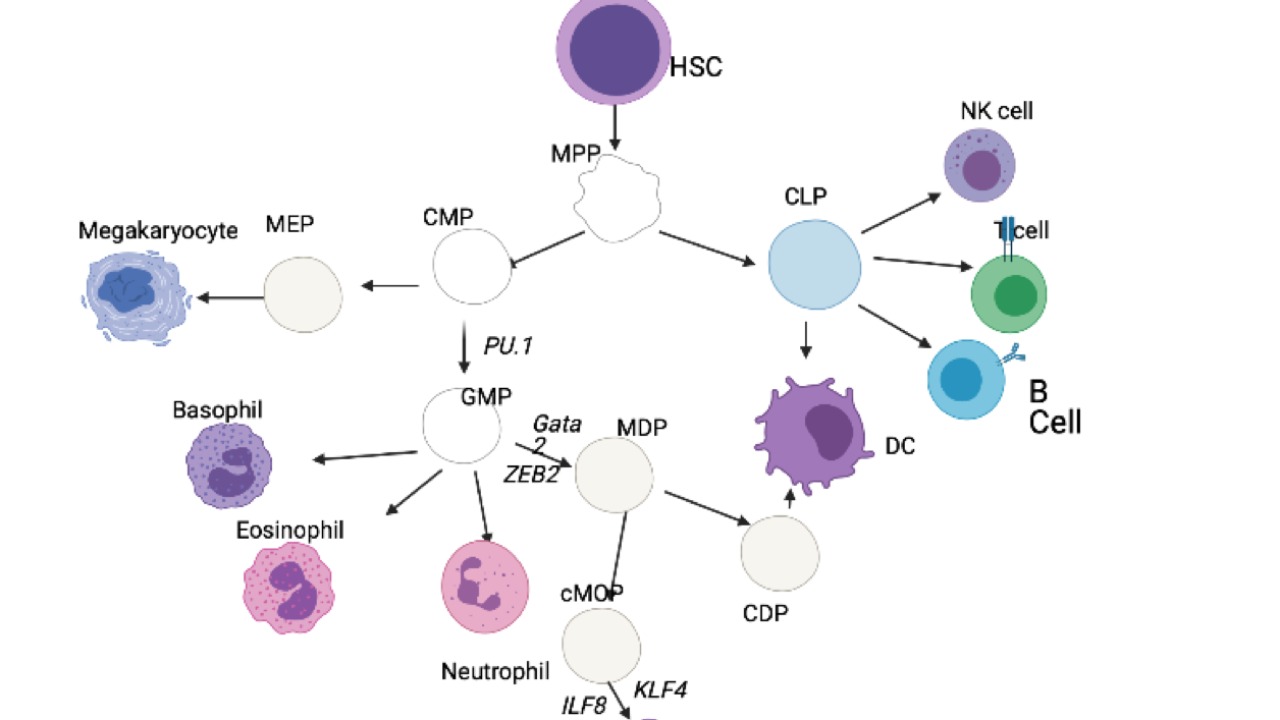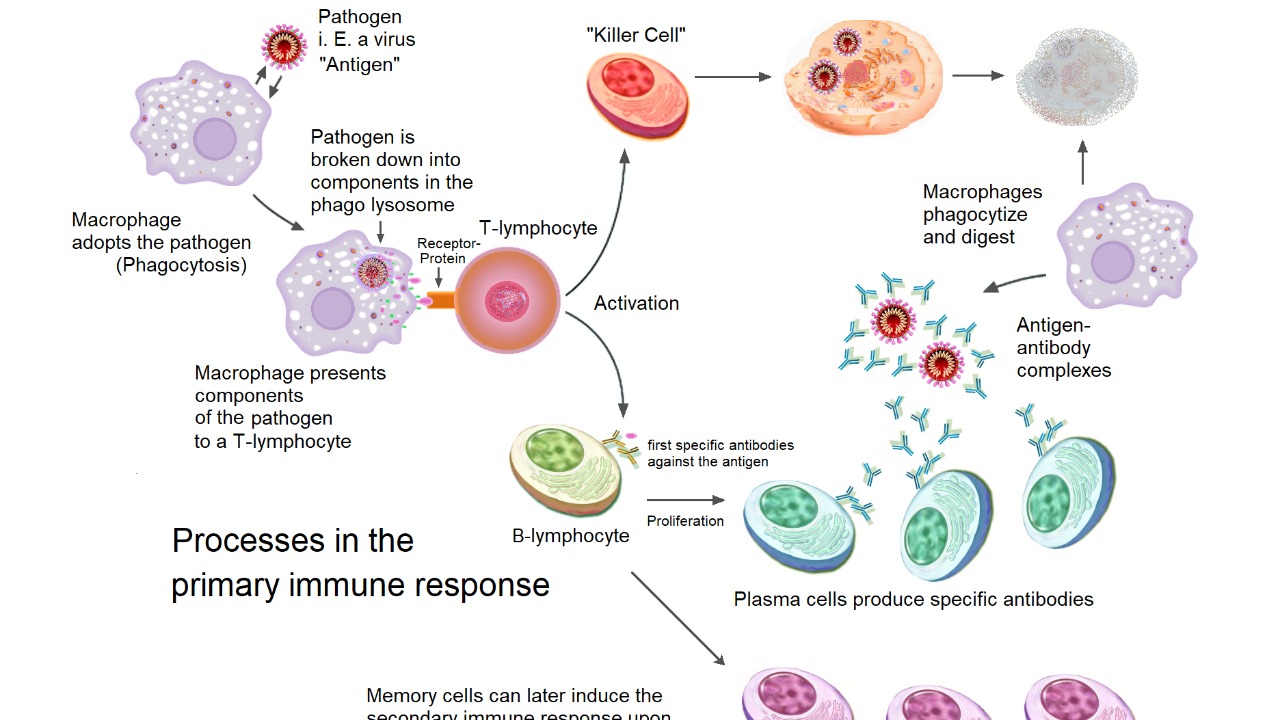For the first time, scientists at McGill University in Montreal have identified a skull-to-brain immune pathway that links chronic stress to the development of depression. This groundbreaking study, published in late August 2025, reveals how immune cells travel from the skull to influence brain function, potentially revolutionizing treatment approaches for depression. The research highlights a novel connection between immune responses and neural pathways, offering new insights into the biological underpinnings of depression.
The Breakthrough in Identifying Depression-Linked Brain Cells

The McGill University study employed advanced imaging techniques to visualize immune pathways from the skull to the brain, revealing their role in the onset of depression. Researchers used animal models to track how immune cells migrate from the skull and affect brain function, particularly under chronic stress conditions. This approach allowed them to isolate specific brain cells that are directly influenced by these immune pathways, marking a significant advancement in understanding the cellular mechanisms of depression.
Key findings from the study indicate that chronic stress triggers these immune cells, leading to changes in brain cell function that manifest as depressive symptoms. The cellular mechanisms involved include inflammation and altered neural activity, which were previously only vaguely associated with depression. By pinpointing these specific brain cells, the study provides a clearer picture of how stress-induced immune responses can lead to depression, offering a more targeted approach to treatment (Source: PsyPost).
McGill University’s Role in the Research

The research team at McGill University played a crucial role in this discovery by utilizing cutting-edge imaging technologies and animal models to observe brain cell activity in response to stress. Their work, announced on August 29, 2025, from Montreal, represents a pivotal moment in neuroscience, as it integrates findings from broader immune system research with a focus on the skull’s unexpected role as a conduit to the brain (Source: CityNews).
This study not only highlights the contributions of McGill’s research team but also underscores the importance of interdisciplinary approaches in uncovering complex biological processes. By bridging the gap between neuroscience and immunology, the findings open new avenues for understanding how immune responses can influence mental health, particularly in the context of stress-related disorders.
Connections to Stress and Immune Responses

The discovery of the skull-to-brain immune pathway provides a crucial link between chronic stress and depression. This pathway acts as a bridge, allowing immune cells to migrate and affect neural circuits, leading to measurable changes in brain cell function. For example, the activation of this pathway can result in increased inflammation markers, which are commonly observed in depression models (Source: PsyPost).
Understanding this pathway’s role in depression highlights the potential risk factors associated with prolonged stress exposure. By identifying the specific brain cells targeted by these immune responses, researchers can better understand how chronic stress contributes to the development of depressive symptoms. This knowledge could lead to more effective interventions aimed at mitigating the impact of stress on mental health.
Broader Implications for Mental Health Research

The findings from McGill University align with emerging techniques in mental health research, such as using lasers to target brain cells for illusions in schizophrenia. These parallels demonstrate the potential of advanced technologies to pinpoint specific neural links in various mental health conditions, paving the way for more precise treatment strategies (Source: The Debrief).
In terms of depression treatment, understanding the specific brain cells involved in the immune response to stress could lead to targeted therapies that go beyond current antidepressants. By focusing on the cellular mechanisms identified in the study, new treatments could be developed to address the root causes of depression rather than just alleviating symptoms (Source: ScienceDaily).
Moreover, the concept of the brain’s “internal mileage,” or neural tracking systems, offers a metaphor for monitoring cell health in depression contexts. This approach emphasizes the importance of maintaining neural integrity and could inform future research on how to preserve brain function in the face of stress and other challenges (Source: AOL).